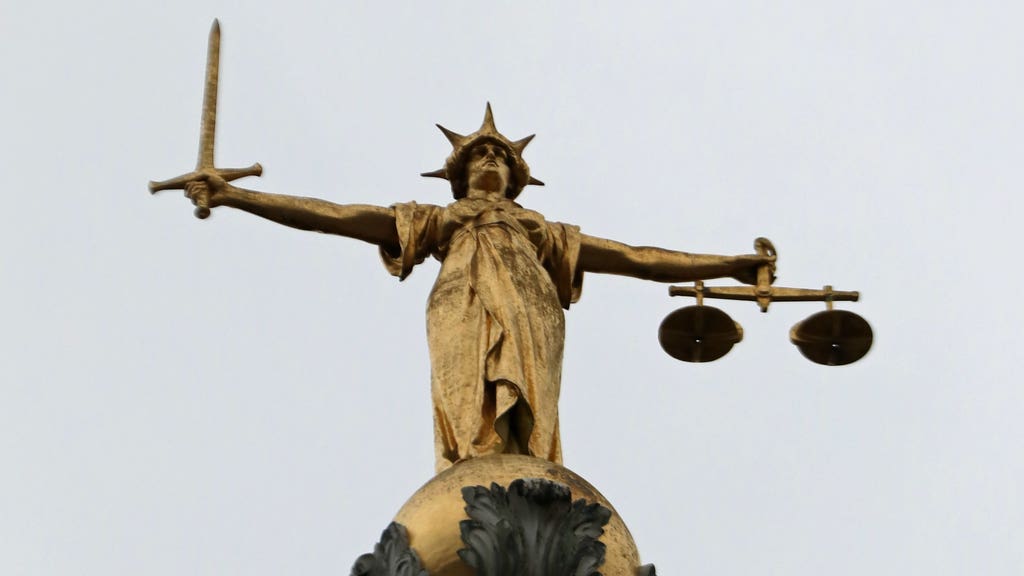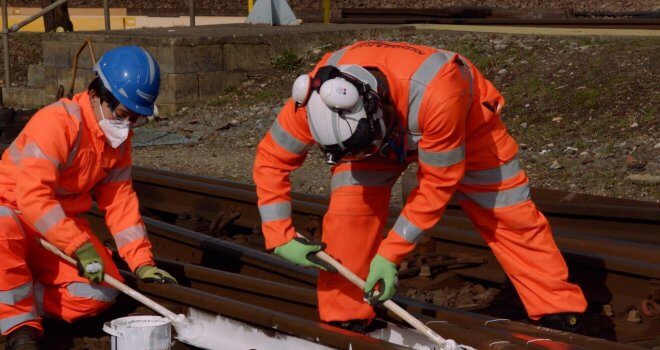UK Facing ‘Tsunami’ Of Fraud, Experts Warn MPs In Plea For Swift Action

The UK is facing a worse threat from fraud than during the 2008 financial crisis and the Government’s efforts to fight it are falling far short, MPs have heard.
In a damning evidence session in Parliament, expert David Clarke said there is a “major tsunami” of fraud coming, and the UK has created a “haven for fraudsters”.
Mr Clarke, who is a former City of London Police officer and now chair of the Fraud Advisory Panel, said a minister should be appointed to an economic crime portfolio in order to produce more accountability.
“We are in a real pickle – there is no ownership and accountability, we would love to see a real deep look at this and have a minister accountable for economic crime,” he told MPs on the Treasury Select Committee.
“We really need to up our game, because we have a major tsunami coming our way on fraud.”
🚨 Our evidence session on Economic Crime is underway.
📺 Watch it live 👉 https://t.co/RyvxE3gn8W
— Treasury Committee (@CommonsTreasury) July 8, 2021
Helena Wood, an expert from the Royal United Services Institute, said UK authorities are “absolutely not” able to deal with the amount of data it receives from, for example, Suspicious Activity Reports (SARs) from banks, estate agents and others, and called for an overhaul of the system.
She added that despite the huge size of the City of London as a global financial centre, the UK is not stepping up to the challenge.
“With great size comes great responsibility,” she said.
“The main thing we can particularly learn from the (United) States is that they accept the responsibility of having a large financial centre and they respond to the risk accordingly.
“Nobody really fears the (UK’s Financial Conduct Authority) globally, but they really fear the regulators in the States because they’re taking a much more robust approach.
“We are really not stepping up to the threat.”
Duncan Hames at Transparency International said the ease at which dirty money can move through the UK and British companies has real consequences around the world.
“At the end of the day, UK companies are a global problem,” he said.
“The ammonium nitrate explosion in Beirut: UK companies were connected with transactions that got that there. Sanctions-busting arms deals in Sudan: UK shell companies again. The Moldovan bank robbery that took one eighth of the country’s GDP in an industrial scale fraud: UK companies involved again… there are victims right around the world.”
Most of the people who are victims of these crimes are not British voters, he said, so they do not have a voice in changing the UK’s systems.
We have identified nearly 1000 shell companies involved in £137 billion of corruption and money laundering scandals. Companies House legislation can’t come too soon. @duncanhames at Treasury Select Committee Economic Crime Inquiry
— Transparency Int’lUK (@TransparencyUK) July 8, 2021
Ms Wood said the Government does not realise how much damage this is doing to the UK’s reputation, especially now money laundering has become a key focus of the Biden administration in the US.
Mr Hames said legislation that is needed is being held up and not put in front of Parliament. He suggested that someone “clearly does not want it to happen”, and called on the committee to help find out who.
The experts said changes required include reform of Companies House, which was suggested in a Government white paper 16 months ago but has not yet come in front of Parliament.
Voters will soon need more identification to cast their ballot in a parish council election than to set up a network of shell companies, Mr Hames said.
The lack of progress has made police officers feel powerless, Mr Clarke said.
He said some of the best fraud investigators he recruited during his time with City of London Police have left to join big banks, and one has even decided to become a train driver.
“If we send them in with pitchforks to fight these machine guns we are going to be in trouble, and it breaks my heart to see them leaving,” he said.
“I think we’ve got to really have a deep thought about what is the culture in British society that we think it’s alright to steal.”




